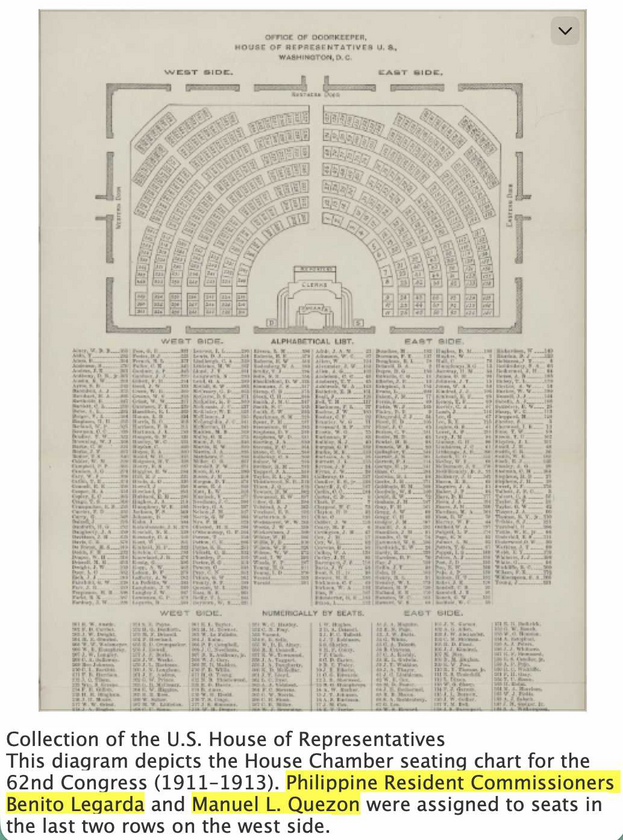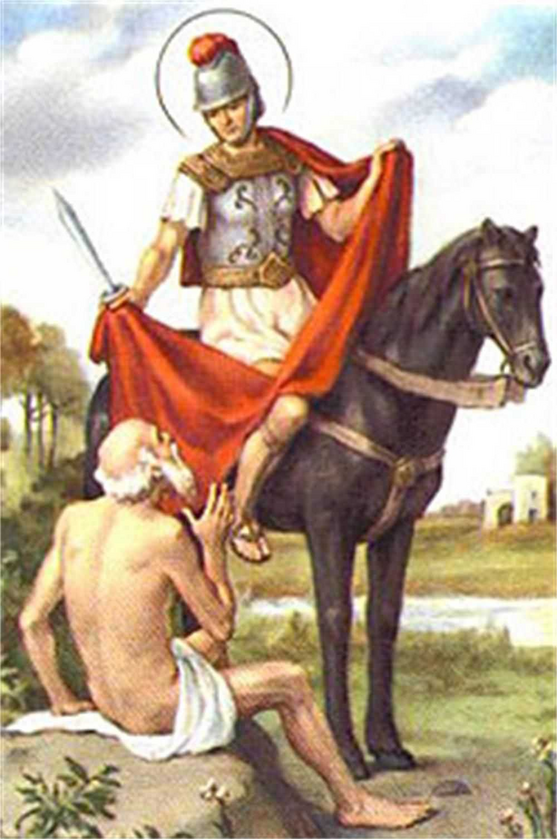We're going to spend the week on contentment. What is it and how do I find it? But first, we need to start off with what contentment is NOT.
Good morning, welcome to the Morning Motivation, brought to you by Patriot Gold Group and Public Square. I so loved the guest we had on last week. It was the most recent episode on this podcast list here. And it was the Vice President of Gun Owners of America, and he debunked a line that everyone thinks they know. They think that, myself included, live by the sword, finish it, live by the sword of course everyone died by the sword and 10 out of 10 people I think would have told you that that was in the Bible it's not and I love moments like this I live for them when someone takes something that I thought was true but honestly never really gave it that much thought and just obliterates it and makes the case oftentimes that the opposite is true.
0:00:52
I love when that happens. I love that feeling because there are so many things that I think are true but I haven't really given it much thought. We just sort of heard it a long time ago and went with it and never reconsidered it ever and I don't want to live my life like that. I want to consider things thoughtfully and properly. Just a silly example, silly example but you get an idea of this feeling. You know when your foot falls asleep? You felt that feeling, your foot falls asleep? What is that?
0:01:20
Well, of course, it's when there's a lack of blood flow to your foot, you cut off your circulation to your foot. Is that true? No, of course not. I heard that in like middle school or something. But if that were true, then your foot would fall off. Your foot would turn blue. I mean, if you didn't have enough blood going to your foot, you'd have to amputate it. It's not blood circulation.
0:01:46
It's when you're sitting in a certain position that would cause this. It's caused by a pressing on the nerve that leads to the foot. That's what that tingling sensation is. It's not like a blood. It's not like a blood circulation. It's like a nerve circulation, if anything. And you're like, oh yeah, that makes way more sense, obviously, I just never really, I heard it a long time ago, haven't really thought about it, and oh.
0:02:11
But my point is, that's true with so many things politically as well, and even beyond politics, just life in general. I'll give you another one, I just like to up the anti-liberal. Oh, you should definitely live with someone before you get married, and you should have sex with them, you should try it out, test it out, you got to give it a test run and practice before you get married. And you sort of hear that growing up and until someone comes along and you're like, no, that's terrible advice.
0:02:34
That's absolutely horrible advice. I just love that feeling of, well, hearing the truth. And last week, the most recent episode, live by the sword, die by the sword. Wait, that's not in the Bible, what? So it was the most recent podcast episode. It's called What the Bible Says About Mass Shootings and the Second Amendment. And it's about 20 minutes in when the senior vice president of Gun Orders America gives a true story of that.
0:03:03
It's just wonderful. Anyway, just wanted to throw that out there. So this week's morning motivations are about anxiety and contentment. And you may be thinking, Slater, geez, it sounds like you really focused a lot on that, on this show, and you'd be right. That's actually the point of this podcast. That there's so much anxiety in our country, and I have too much anxiety, and I don't want it anymore, and I don't think our country can operate like this for long, this is unsustainable.
0:03:33
So this is part of my quest, my journey, to stop being so anxious, and then hopefully I can pick up some things along the way that can help you and others and maybe make a little dent in our country. These, for the Slater family, these last two months have been the most anxious time of our lives and I'm embarrassed to even say why. I will soon in a couple weeks I'll be able to say why but it's been a lot of things at once and the shame of it is it's all earthly things. It's all earthly, it's all materialistic, it's all lack of contentment like things. It's all if I may self-imposed stress. It's all self-imposed. I did all this to myself and that's extra annoying.
0:04:27
I might be the worst person to be doing this podcast. Like, why am I doing a podcast on anxiety? I've been riddled with it the last two months. So I come to you in no way an expert. I'm just trying to figure it out. So I got some insight here from Jeremiah Burroughs. He was a Puritan minister in the early 1600s and he wrote a book called, it's short, it's a pamphlet more, wrote a book called the Rare Jewel of Christian Contentment. The Rare Jewel of Christian Contentment. And we just got a lot to talk about. I may extend this to two weeks because it's there's so much here. But this is a good place to start. How did Jeremiah Burroughs, B-U-R-R-O-U-G-H-S, if you want to look him up.
0:05:16
How did he define contentment? How did he define it? And then you can decide if this is something you have or something you want. He says, I offer the following description. Christian contentment is that sweet, inward, quiet, gracious frame of spirit which freely submits to and delights in God's wise and fatherly disposal in every condition." I mean that's just wonderful. Press rewind to hear that whole thing again. That's just that's perfect. So we got to break all this down. I don't want to go too fast. There's too much good here. His next line, I shall break open this description, for it is a box of precious ointment and very comforting and useful for troubled hearts in troubled times.
0:06:16
That is me and us. So let's spend some time on the good stuff. Let's spend some time on what we're striving for so we can cast that vision of where we want to go. So let's start with it. Contentment is a sweet inward heart. It is the work of the Spirit indoors, meaning from within. So the point, if we make one point here, is that contentment is not about not complaining. So not complaining is not contentment. Contentment is not about external things.
0:06:48
It's about an inward submission of the heart. Psalm 62, 1 says, For God alone my soul waits in silence. From him comes my salvation. Verse 5, For God alone, O my soul, wait in silence, for my hope is from him. And Jeremiah's point of pointing that scripture out is, it's not only the tongue that has to keep quiet, the soul also has to be silent. For God alone, O my soul, wait in silence.
0:07:20
Soul, wait in silence. Your soul has to be at peace, not just your tongue. He says, many may sit silently, refraining from discontented expressions, yet inwardly they are bursting with discontented expressions. God hears the discontent of your soul. He says a shoe may be smooth and neat on the outside, while inside it pinches the flesh. Outwardly, they may be of great calmness and stillness, yet within amazing confusion, bitterness, disturbance, and vexation.
0:07:55
I think that's where we were, at least I was, these last two months or so. On the outside, we got it together, but on the inside, it was exploding. When Judas betrayed Jesus, he looked as cool as a cucumber. That's my expression, not a Puritan 1600s expression. But he was just venomous on the inside. So David speaks of some whose words are sweeter than honey and butter, and yet have war in their hearts. In another place, David says, while I kept silence, my bones waxed old, just rotted them from the inside.
0:08:31
In the same way, these people, while there is a serene calm upon their tongues, have bursting storms upon their spirits, and while they keep silence, their heart are troubled and even worn away with anguish and vexation. They have peace and quiet outwardly, but within war from the unruly and turbulent workings of their heart. If only contentment were as easy as changing something on the outside. If only contentment were as easy as just white-knuckling something. I could maybe be strong enough to do that, but that's not even close. It's not about the outside. It's about the heart and the soul.
0:09:09
It has to be a supernatural contentment. Oh goodness, how do we get it? natural contentment. Oh goodness, how do we get it? Talk about that tomorrow.













